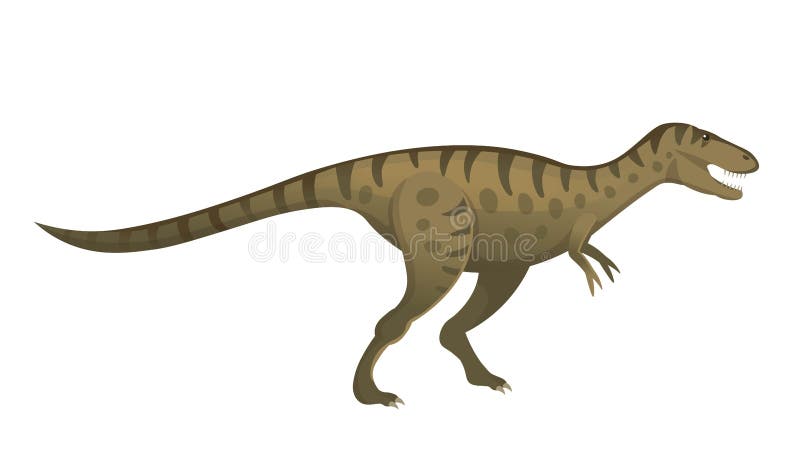

As in nearly all modern-day reptiles, males would have deposited sperm inside females, which would later lay fertilized eggs containing developing dinosaur embryos. It has captivated me ever since.ĭinosaurs must have had sex to reproduce. Could the male rear up to mount the female? Could the female support his weight? Wouldn't her massive tail get in the way? Alas, my flight started boarding, so I had to part ways with the skeleton, but I continued to ponder the mating mystery on the plane. But try as I might, I couldn't quite figure out the mechanics of what should come next. Giddy and tired, I envisioned a pair of amorous Brachiosaurus standing in a clearing in a conifer forest some 150 million years ago during the Jurassic period, each one waiting for the other to make the first move.

And then a strange thought bubbled up in my mind: How did such a gargantuan animal have sex? I stopped and stared at the behemoth-a replica of Brachiosaurus inherited from the Field Museum in Chicago-mentally filling in the internal organs, muscles and skin of a creature that at 85 feet long is one of the largest dinosaurs ever found. Pillarlike forelimbs and brawny shoulders supported a long swerve of neck bones leading up to the dinosaur's small, boxy skull, which peered over the top of a banner touting the airport's Wi-Fi, as if looking to the tarmac beyond to check the latest departures and arrivals. But the scene did not evaporate as I approached. At first I thought it was a mirage created by my travel-addled brain. I was shuffling through Chicago's O'Hare international airport when I saw it: a magnificent, towering skeleton of a dinosaur.


Adapted from My Beloved Brontosaurus: On the Road with Old Bones, New Science, and Our Favorite Dinosaurs, by Brian Switek, by arrangement with Scientific American/Farrar, Straus and Giroux, LLC.


 0 kommentar(er)
0 kommentar(er)
